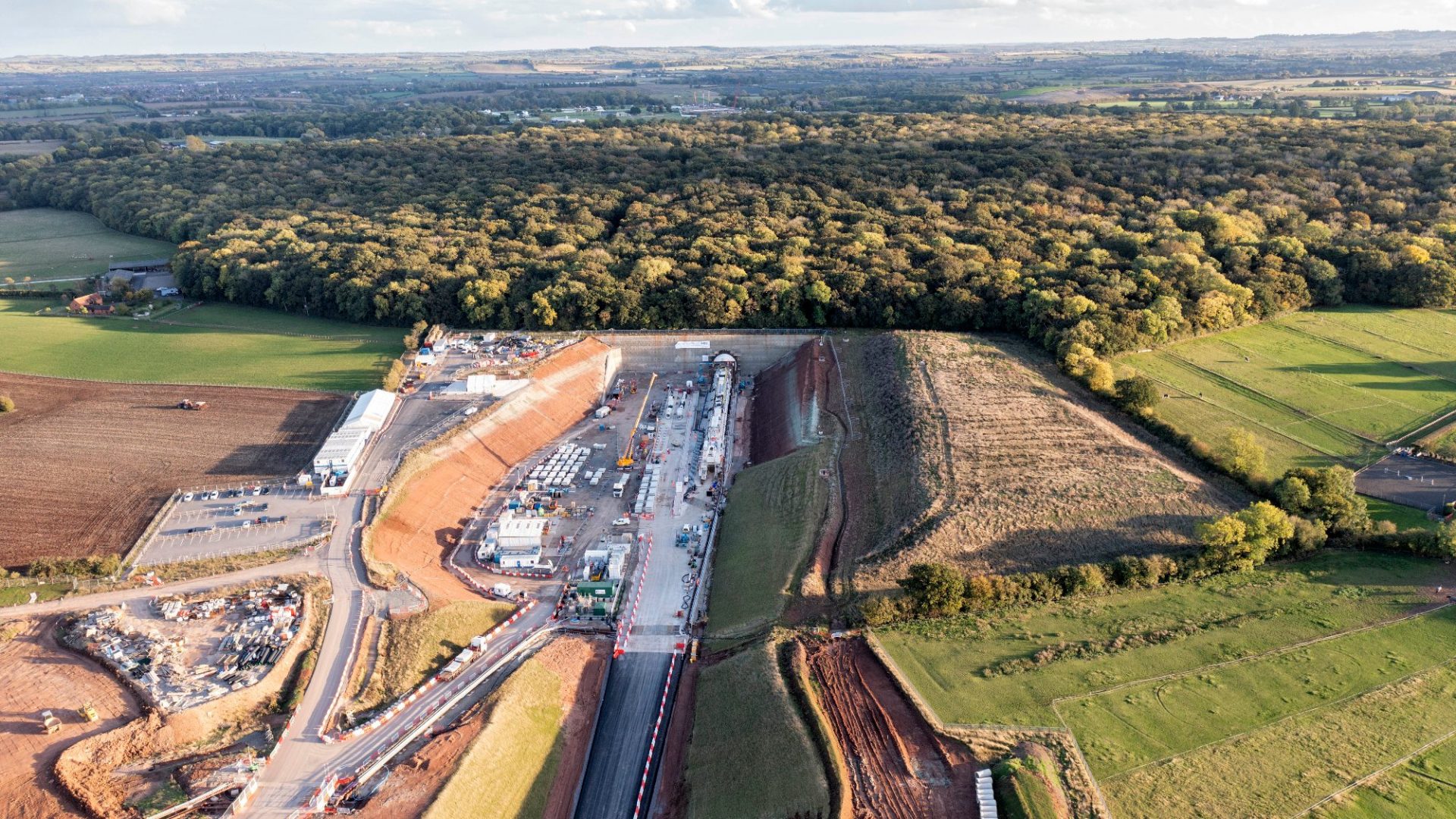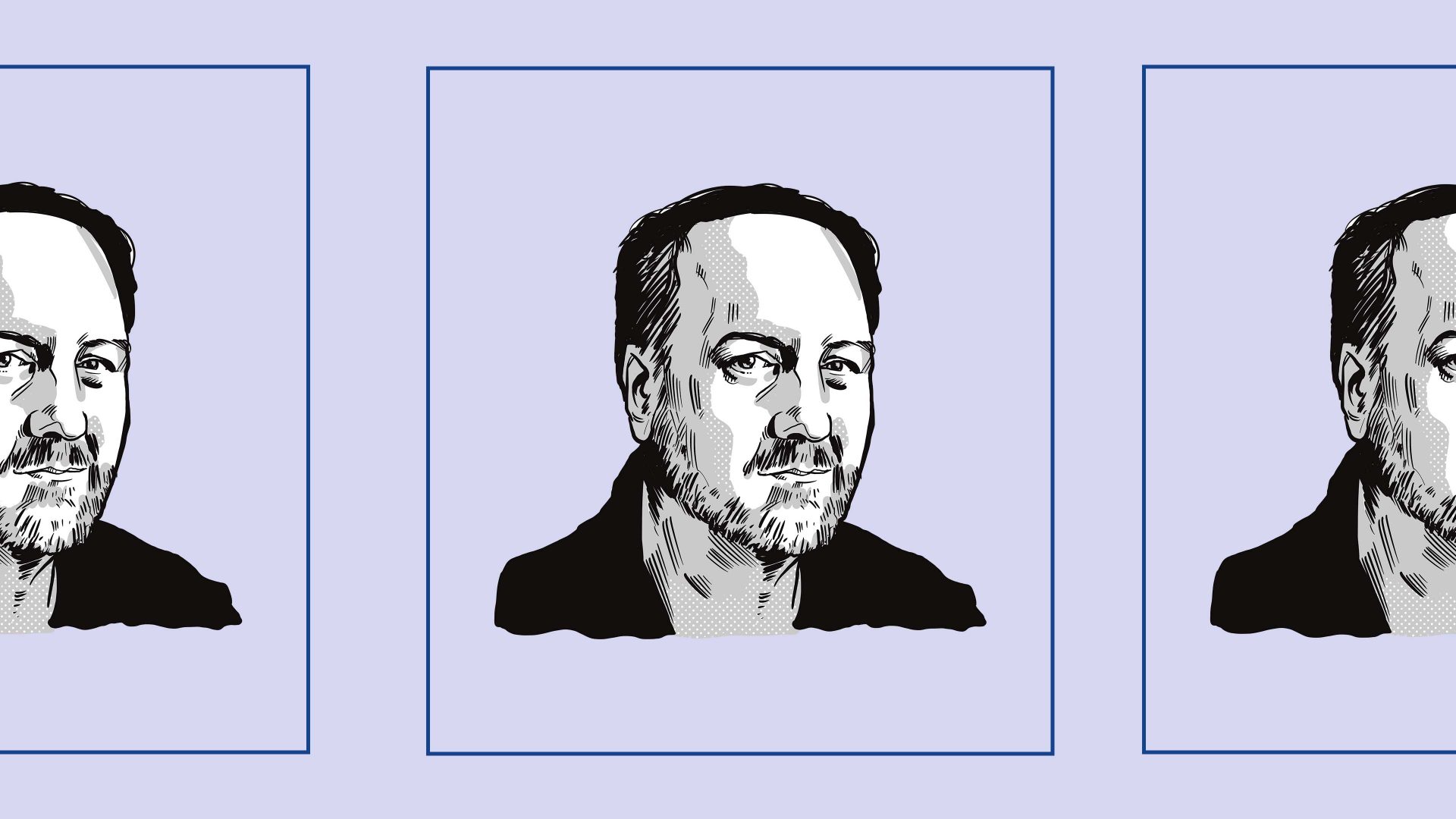This piece will, eventually, be about HS2 and the confirmation from Labour in the King’s Speech that it will terminate at Birmingham. But sometimes, when you’re talking about trains you’re really talking about democracy – and its ability to get things done.
Proving that democracy could be responsive enough and decisive enough to meet the needs of changing times was the defining challenge of the 20th century. In a violent global contest against the ideas of fascism and communism, democracy was widely seen as the weakest of the three ideologies – to the extent that proponents of fascism would say that it was necessary to stop democracies falling to the greater evil of communism.
Democracies produce governments focused on the short term, which change direction frequently and fail to plan for the future. They spend so much time focused on the need to win elections that they skip the difficult work of government.
Over time, the challenges that they have failed to tackle blight society – causing inflation, or joblessness, or low growth – and when the challenge comes, democracy can be overthrown by its own rules, bloodlessly, in a way that communism or fascism are more set up to resist.
This apparently obvious losing hand was why even ardent professed proponents of democracy like Winston Churchill could only defend it as “the worst form of government – except for all the others”.
Except… in the 20th century at least, democracy proved able to confound its critics and survive by actually getting things done and meeting the challenges of the numerous crises that assailed it.
Workers’ rights and trade unions evolved and gained protections against the abuses of bosses. The pension and then the welfare state emerged to help those unable to work through no fault of their own. The UK gained the NHS, and other European nations gained variations of universal healthcare.
Democracy provided education through to 16, and then 18 and beyond. It built enough homes so that the baby boomers did not just have sufficient space to live, but more living room than their parents might have dreamed of. Democracies were among the winners of the second world war.
In practice, 20th-century democracies proved themselves able to get the big things done, to plan for the future, and – crucially – to be responsive to the needs of their citizens, while recognising the tension between the short-term demands of the public and what would be necessary a decade or two down the line.
Times change, and the threats facing democracy change with them, but those threats are ever-present. Far right parties are on the rise in Europe, and might take Congress and the White House alike in the USA this year. Russia and China are modelling different versions of authoritarian governments to the world. Discontent mounts as living standards, pay and productivity stagnate – and public services crumble.
We need elected governments that can once again demonstrate that they can get big things done and that they can act in proportion to the scale of the challenges they face. It is not enough to tread water, to see off the endless whack-a-mole of populist threats from election to election. The democratic mainstream has to show it can get the things that matter done.
All of which brings us to HS2, not because it is the biggest or the most urgent of the long-term issues facing our country, but because it illustrated more about our current malaise than any other project ever could.
Almost every bit of the politics around HS2 was bungled. The reasons for building a dedicated high-speed mainline for the UK’s intercity north-south journeys take a couple of sentences to explain, but not much more than that.
HS2 was eventually intended to run between London and Glasgow and Edinburgh, stopping primarily at Birmingham, Leeds and Manchester along the way (with perhaps one or two additional stops).
This would replace the existing east- and west-coast main lines, which are already overloaded and unreliable, costing a fortune in repairs and even more as a drag on the economy through unreliability, maintenance and slow speeds. Even with their sky-high prices (because of the overloaded demand) and terrible service, they are still often uncomfortably cramped. They are predicted to get steadily worse for decades.
The solution is a dedicated new line, which runs at high speed because that lets it run at a much higher capacity – meaning it can run more trains per hour, which means lots more people can take it.
Even more importantly, it means that the existing west and east coast lines don’t need to be occupied by intercity trains – opening that infrastructure for local services. The secret to improving “local” rail in the north of England was always building HS2.
Politicians didn’t trust the public to understand this argument, so they sold the project on improved journey times – leading to a backlash against spending billions to save 15 minutes. Politicians didn’t want to fight home counties Nimbys, so at vast additional cost they authorised unnecessary tunnels for miles and miles of the journey – failing to appease them and causing its costs to spiral.
As the project costs grew without reducing the backlash – because opposition to infrastructure never diminishes until it’s finished – politicians engaged in review after review to cover their backs (unsuccessfully). This added to the cost and the unpopularity until Rishi Sunak turned up to cancel the project north of Birmingham and render the whole thing as pointless as its initial misleading sell.
And now that’s done, Labour is unwilling to undo it. And that will render the money it will spend on railways largely pointless.
It hasn’t tackled the big thing, meaning the problems will get worse and worse until a future government makes the even bigger decision to do something about it years down the line.
What is true for HS2 is true for housebuilding, for social care, for universities, for criminal justice and more – it’s just more visible for a train line. Ducking the big decision today is always easier, for now.
Democracy survives only when governments take difficult decisions today just often enough to get things done. Labour risks becoming just another government that fails that fundamental test.




